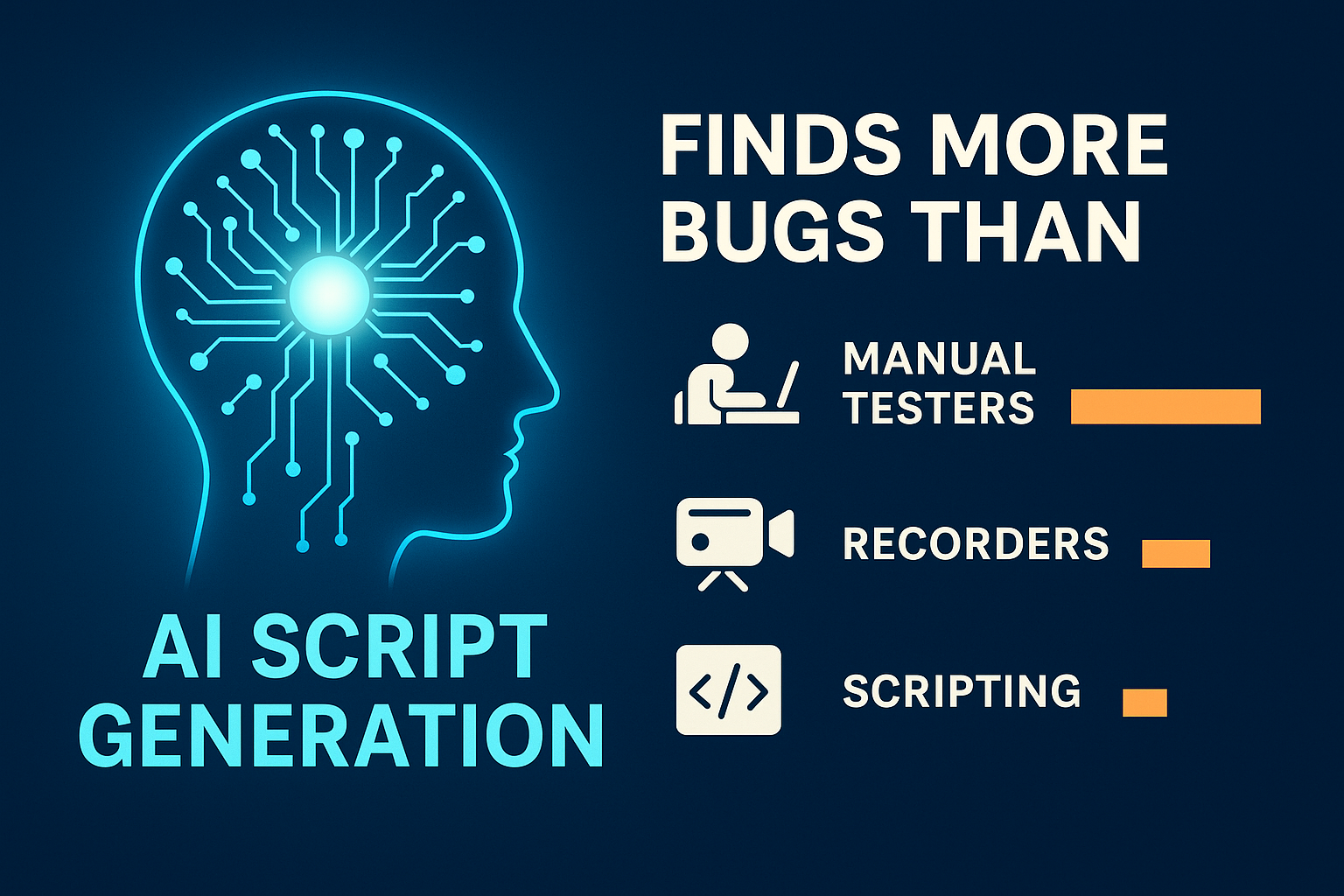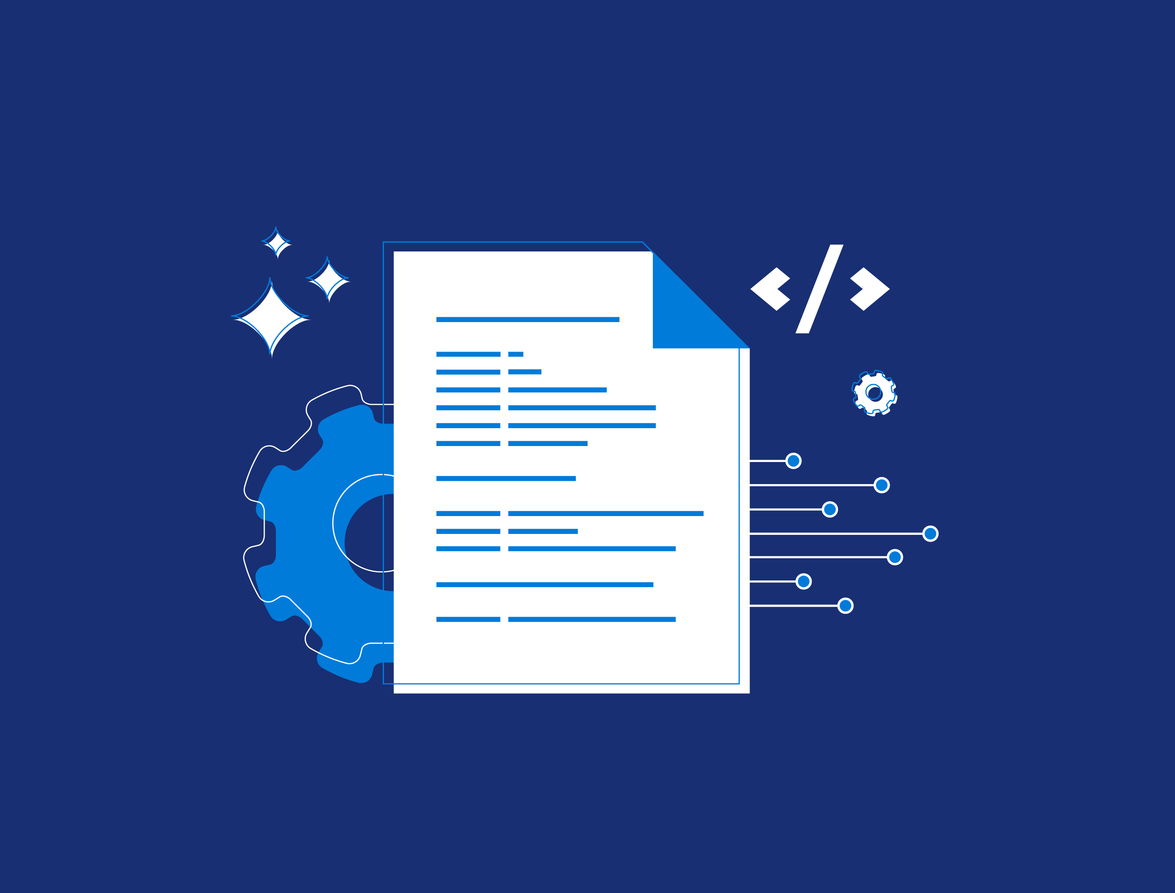Tag: software testing

How AIQ Transforms a Cost Center Into a Continuously Learning Asset Software leaders spend years modernizing their development pipelines, yet one bottleneck continues to sabotage velocity, quality, and innovation: test debt. For CIOs managing complex portfolios, test debt is more than a QA problem—it’s an enterprise-wide drag on cycle time, release predictability, and customer experience.

Every software company today seems to claim they’re “powered by AI.” But when you peel back the layers, most tools are little more than recorders with a marketing makeover. In software testing, where precision, scalability, and speed actually matter, not all AI is created equal — and Appvance IQ (AIQ) proves it every day. Appvance

A data-driven look at how Appvance IQ reduces QA overhead and accelerates time-to-market. For most enterprises, QA spend hides in plain sight: armies of engineers writing and repairing scripts, long regression pauses, and slow triage when suites flake. Add the opportunity cost of delayed releases and escaped defects, and QA becomes one of the largest—and

In the fast-moving world of software delivery, speed and accuracy are everything. Time isn’t just money—it’s market share, competitive advantage, and customer loyalty. Every defect that slips into production is a risk: to your brand, your bottom line, and the trust you’ve built with your users both internal and external. Yet, despite this reality, many

In a marketplace flooded with “AI-washed” claims, distinguishing real generative AI from superficial automation is more critical than ever—especially in the high-stakes realm of end-to-end software testing. For organizations evaluating AI-powered testing platforms, asking the right questions can uncover massive differences in capability, scale, and ROI. At Appvance, we’ve engaged with hundreds of QA and

Why are most software bugs still found by users after release? Because the industry still relies on outdated QA practices—manual testers, record-and-playback tools, and endless script writing. These approaches are slow, shallow in coverage, and deeply reliant on human capacity. The result? Missed bugs, late releases, and costly production issues. Appvance changed that equation years

For decades, test automation has promised speed, efficiency, and confidence. But the truth is, traditional “automation” has remained heavily manual—requiring teams to write, maintain, and endlessly update brittle test scripts. It’s time-consuming, expensive, and often breaks under the pressure of rapid software changes. Enter AI-first QA. Platforms like Appvance IQ (AIQ) are ushering in a

Enterprises today are under immense pressure to release software faster, with fewer bugs, and at a lower cost. But traditional QA approaches—whether manual or semi-automated—simply can’t keep up. Between the cost of scripting, test maintenance, and regression cycles, software testing has become one of the most expensive bottlenecks in the SDLC. That’s where Appvance IQ

For years, test automation has promised to accelerate software delivery and improve quality. Yet many teams still struggle with brittle scripts, time-consuming maintenance, and incomplete test coverage. As applications grow more complex and release cycles speed up, traditional automation often can’t keep pace. Enter AI-first testing—a smarter approach that uses artificial intelligence to write, run,

Modern enterprises are launching numerous applications to meet evolving customer expectations. With each application comes a myriad of functionalities and potential pitfalls that must be meticulously tested. Traditionally, scaling test coverage has meant hiring additional QA staff, increasing headcount, and investing in costly, manual testing processes. These strategies not only drive up QA expenditures but